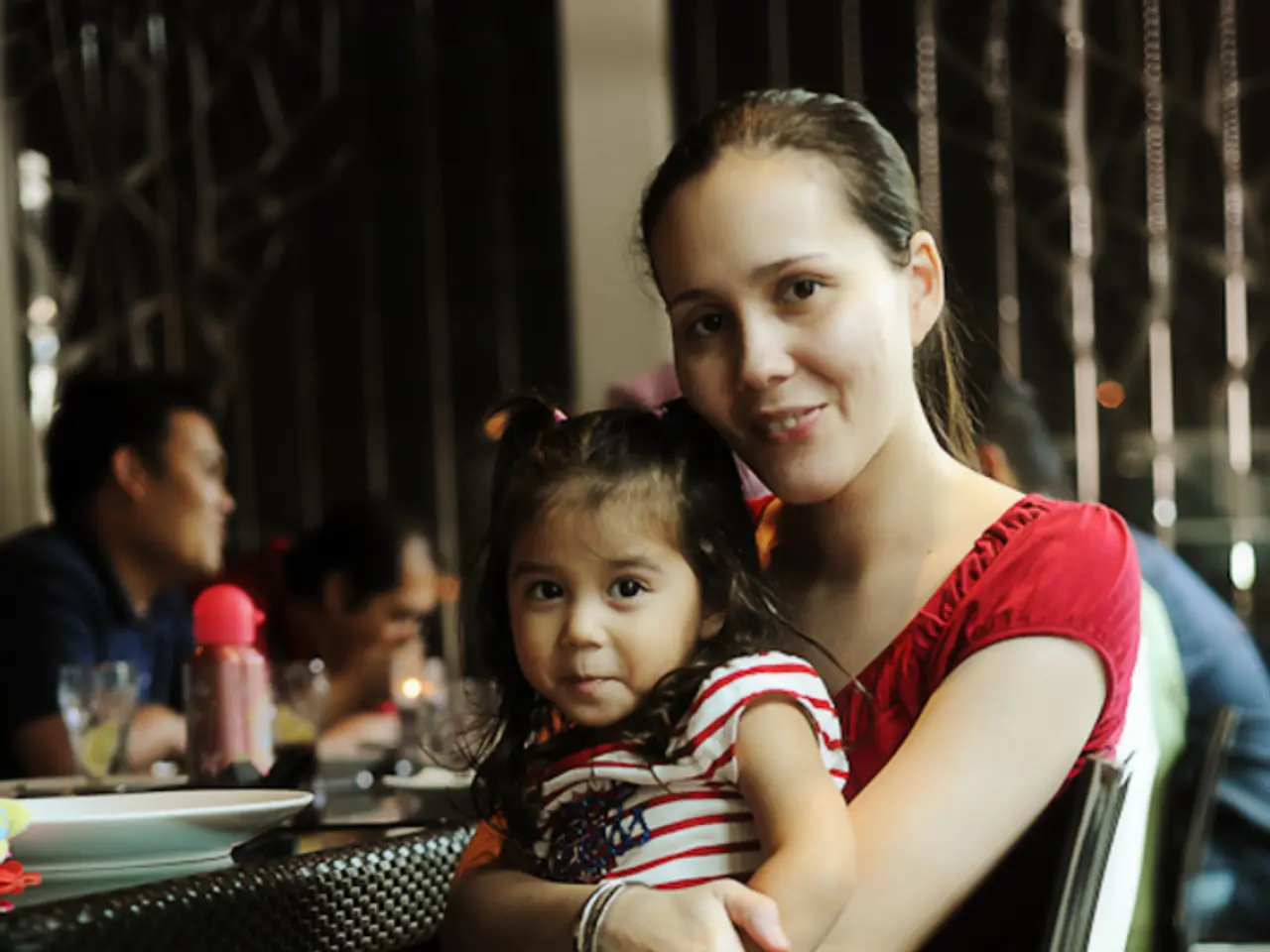Postnatally Afflicted Male Depression: Causes, Symptoms, and Additional Information
Postpartum depression (PPD) is not just a condition that affects mothers. A growing body of research highlights the prevalence of male postpartum depression (PPD), a mood disorder experienced by new fathers following the birth of a child.
Causes
Male PPD stems from a combination of biological, psychological, and social factors.
- Hormonal changes: Though less dramatic than in women, fathers experience hormonal shifts after birth, including changes in testosterone and cortisol ("stress hormone"), which can affect mood regulation and contribute to depressive symptoms.
- Psychological factors: A history of depression, anxiety, or trauma increases risk. Sleep deprivation common after a newborn’s arrival impairs emotional regulation and exacerbates mood disturbances.
- Environmental/social stressors: Financial pressure, lack of support, social isolation, and challenges with fatherhood adaptation play a significant role. The absence of paternal leave and emotional support can deepen risk.
- Antenatal depression (depression during partner’s pregnancy) is also a predictor for male PPD, suggesting emotional distress before birth often continues into postpartum.
Symptoms
Male PPD symptoms can be more subtle or different from those in women, often presenting less as sadness and more as irritability or emotional restriction. About 10% of new fathers experience such symptoms within the first year after childbirth, often developing gradually and going unrecognized.
Symptoms may include:
- Irritability or anger
- A restricted range of emotions (emotional numbness)
- Indecisiveness or difficulty concentrating
- Fatigue or low energy
- Sadness or low mood, which may be less overt
- Withdrawal from family or partner
- Possible anxiety and rumination
- Sleep disturbances (too much or insomnia)
Treatment Options
Treatment approaches align broadly with those for general depression but with sensitivity to paternal experiences:
- Psychotherapy: Cognitive-behavioral therapy (CBT) and counseling focused on coping with fatherhood, stress management, and mood regulation are effective.
- Medication: Antidepressants can be prescribed if symptoms are moderate to severe, after evaluation by a healthcare provider.
- Social support: Encouragement of social connections, partner and family support, and involvement in parenting can mitigate symptoms.
- Sleep and lifestyle management: Addressing sleep deprivation and improving self-care routines are important.
- Early screening: Mental health screening during and after partner’s pregnancy helps early identification and intervention.
Seeking Help
If a person experiences severe symptoms of depression, such as suicidal thoughts, they should seek immediate help. Various helplines are available for this purpose.
In summary, male PPD is a multifactorial mood disorder influenced by hormonal, psychological, and social stressors. Symptoms may differ from those classically seen in women, requiring careful assessment. Effective treatment includes psychotherapy, possible medications, and enhanced support systems tailored to new fathers. Recognizing and addressing male PPD benefits not only the father’s health but also family well-being.
- Male postpartum depression (PPD), a mood disorder experienced by new fathers, can stem from a combination of biological, psychological, and social factors, such as hormonal changes, a history of depression or anxiety, sleep deprivation, and environmental/social stressors.
- Symptoms of male PPD can be more subtle or different from those in women, often presenting less as sadness and more as irritability or emotional restriction.
- Treatment options for male PPD align broadly with those for general depression, but with sensitivity to paternal experiences, including psychotherapy, medication, social support, sleep and lifestyle management, and early screening.
- If a person experiences severe symptoms of depression, such as suicidal thoughts, they should seek immediate help from available helplines.
- Recognizing and addressing male PPD benefits not only the father’s health and well-being but also contributes to the overall health-and-wellness and mental-health of the entire family, including the mother and other children, as well as promoting success in fatherhood and mens-health.




